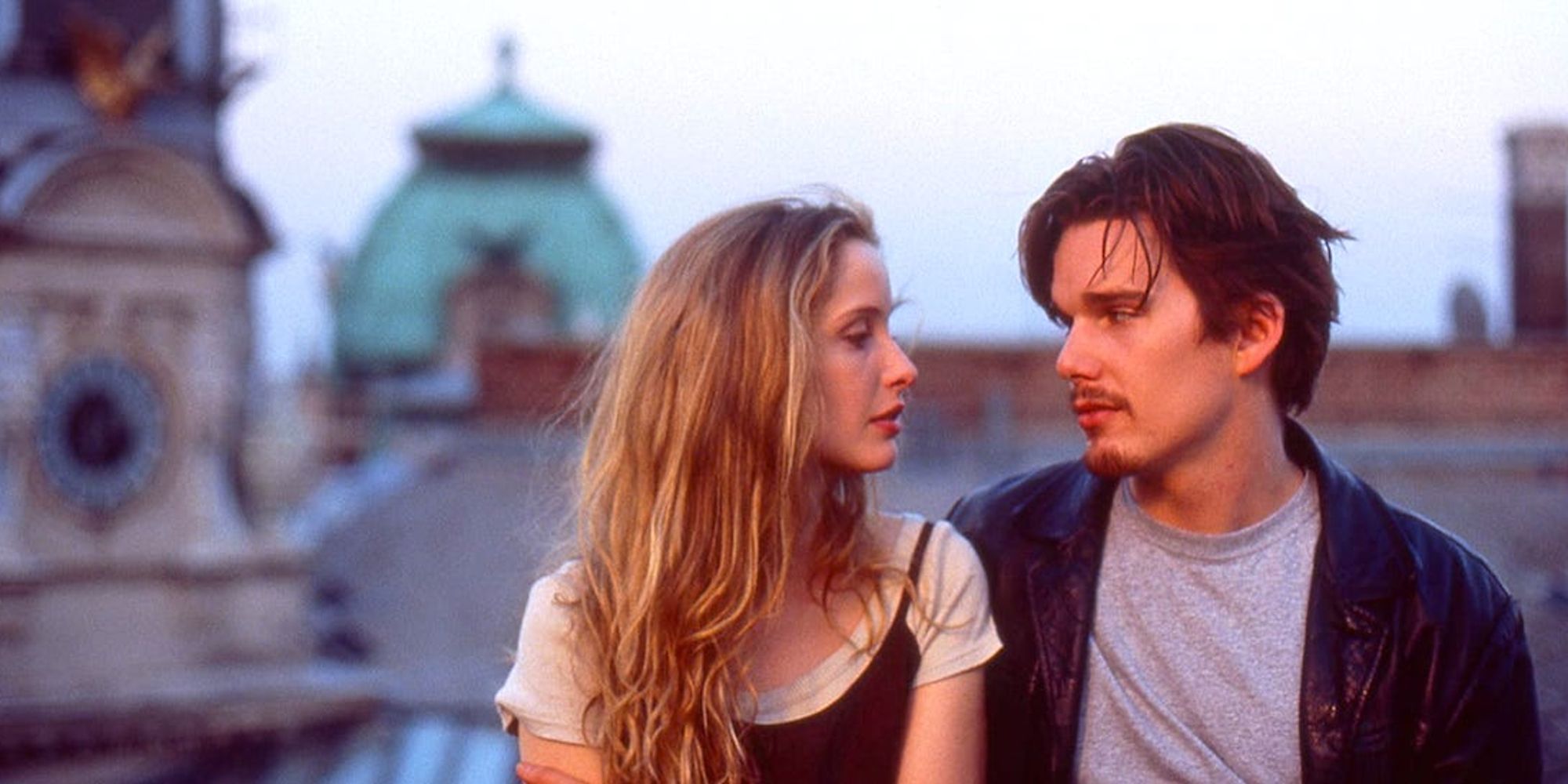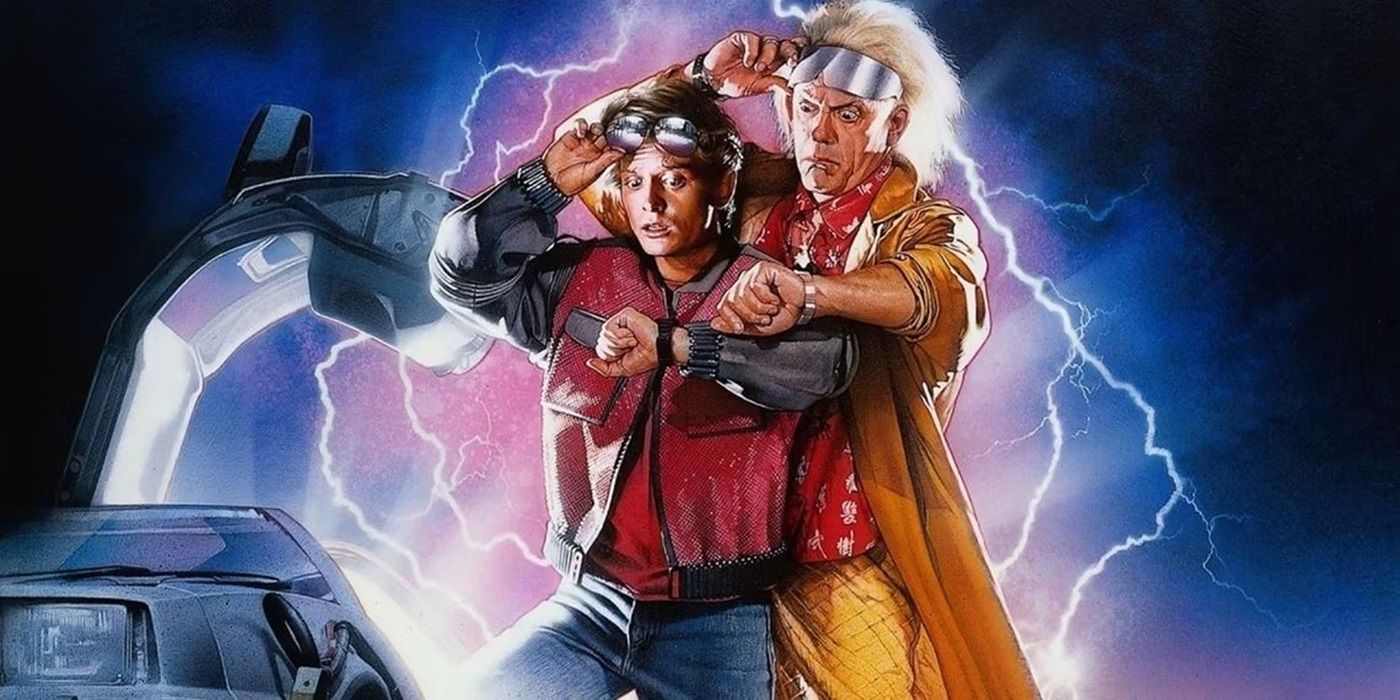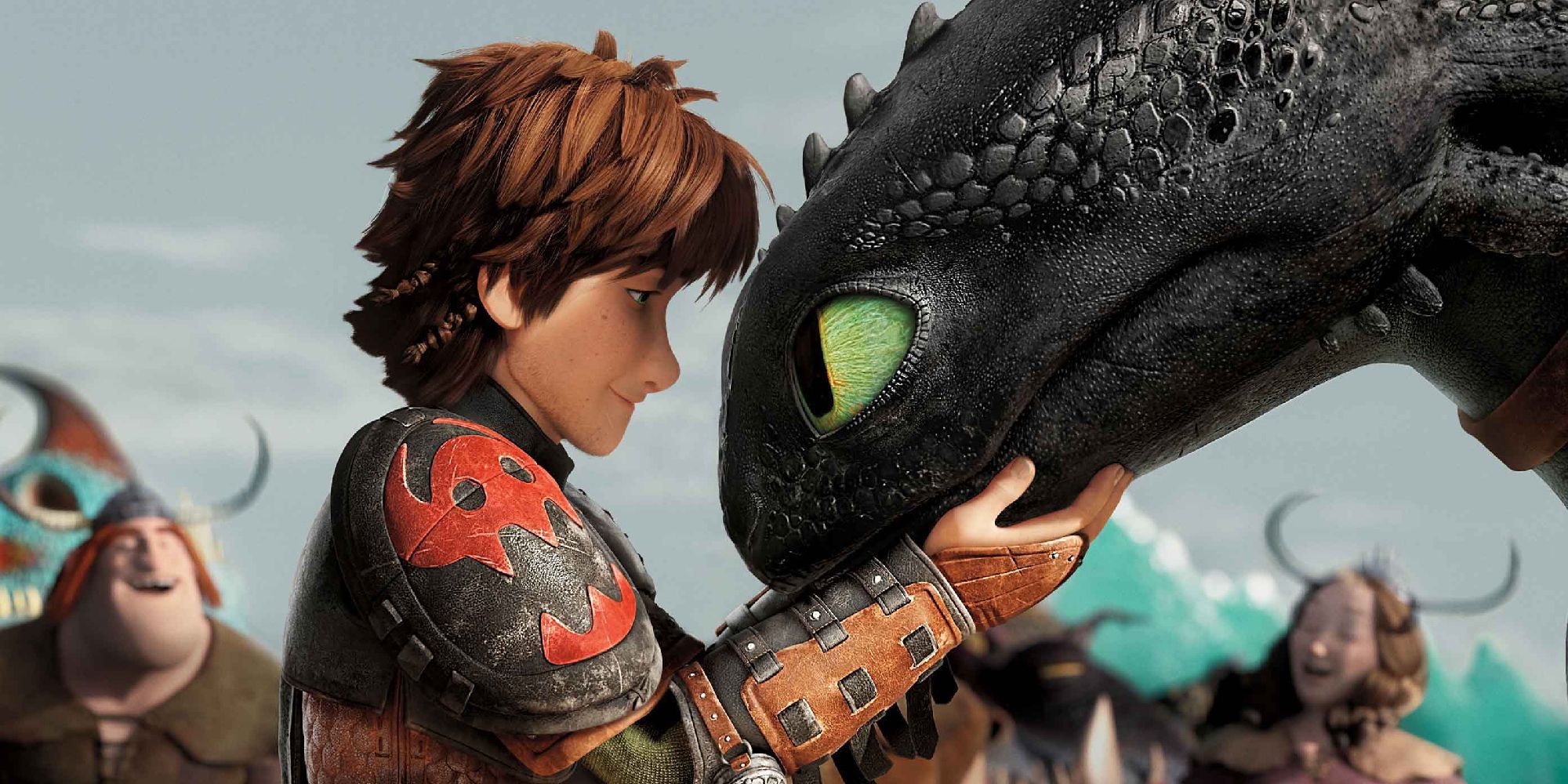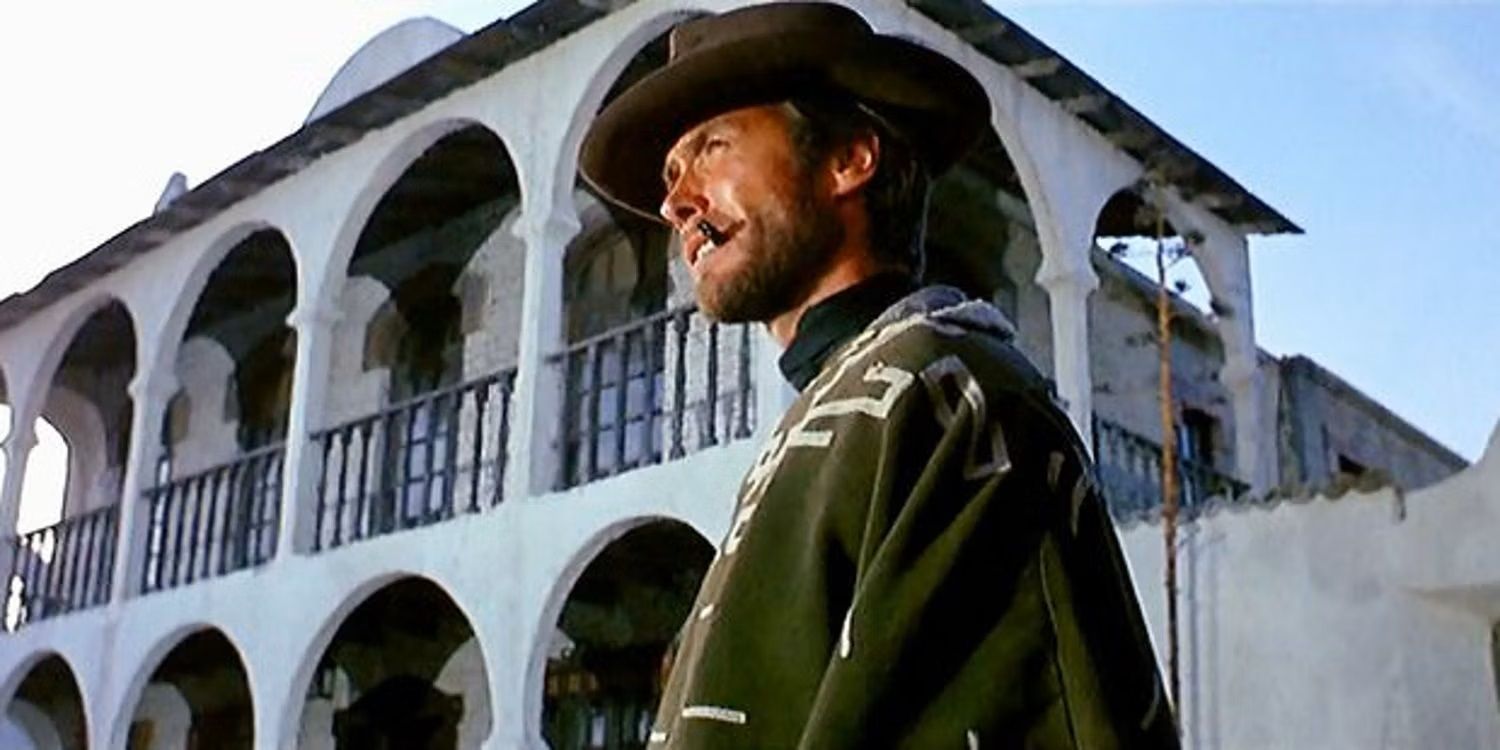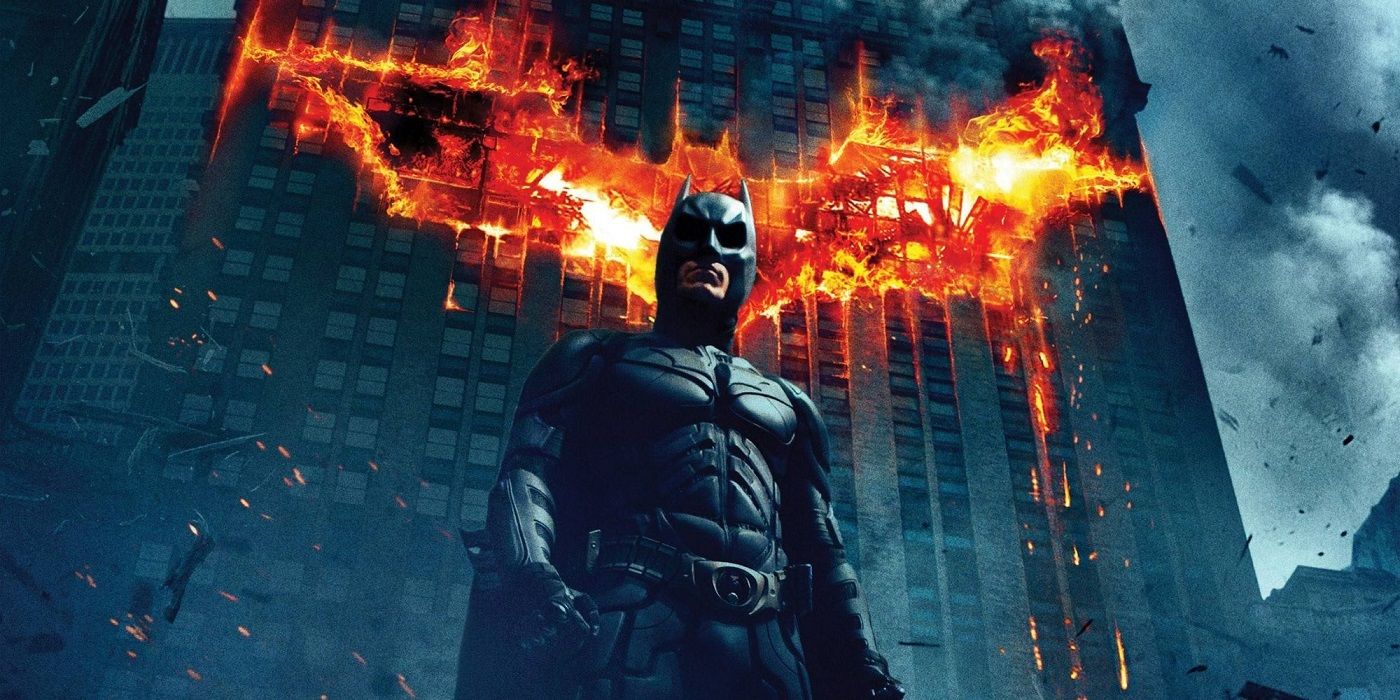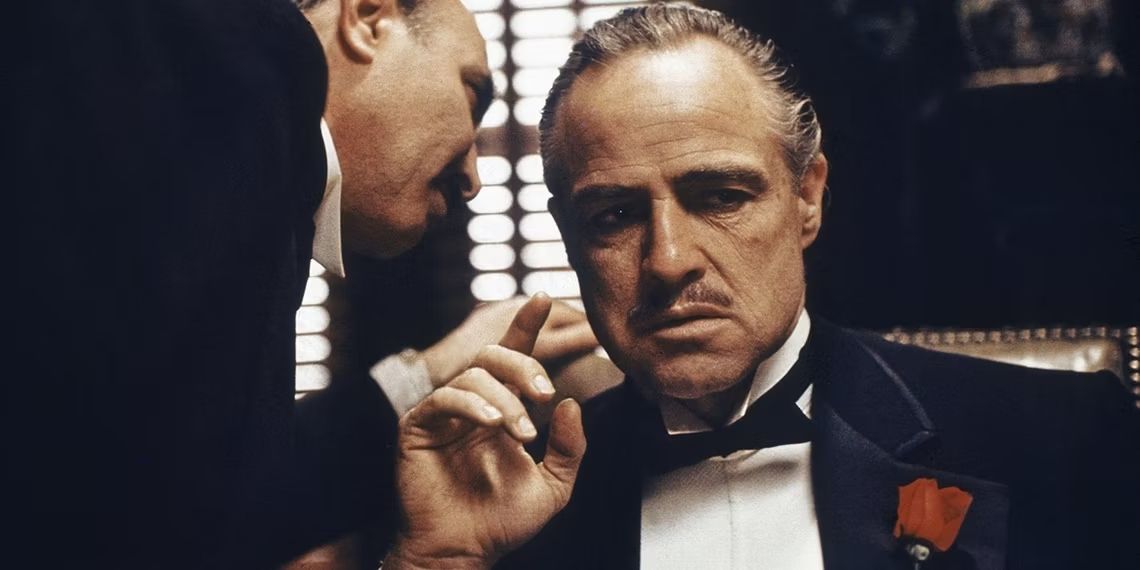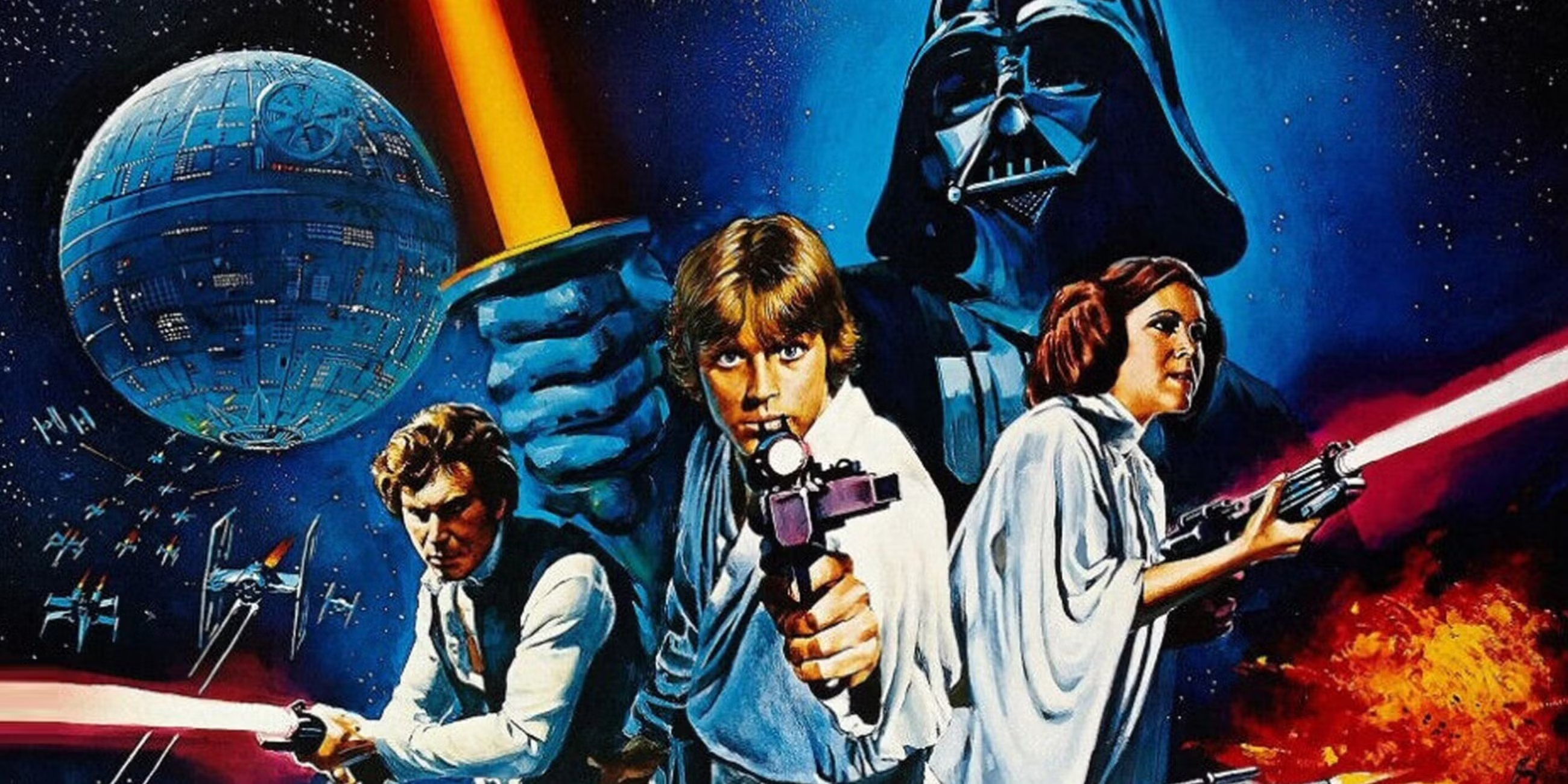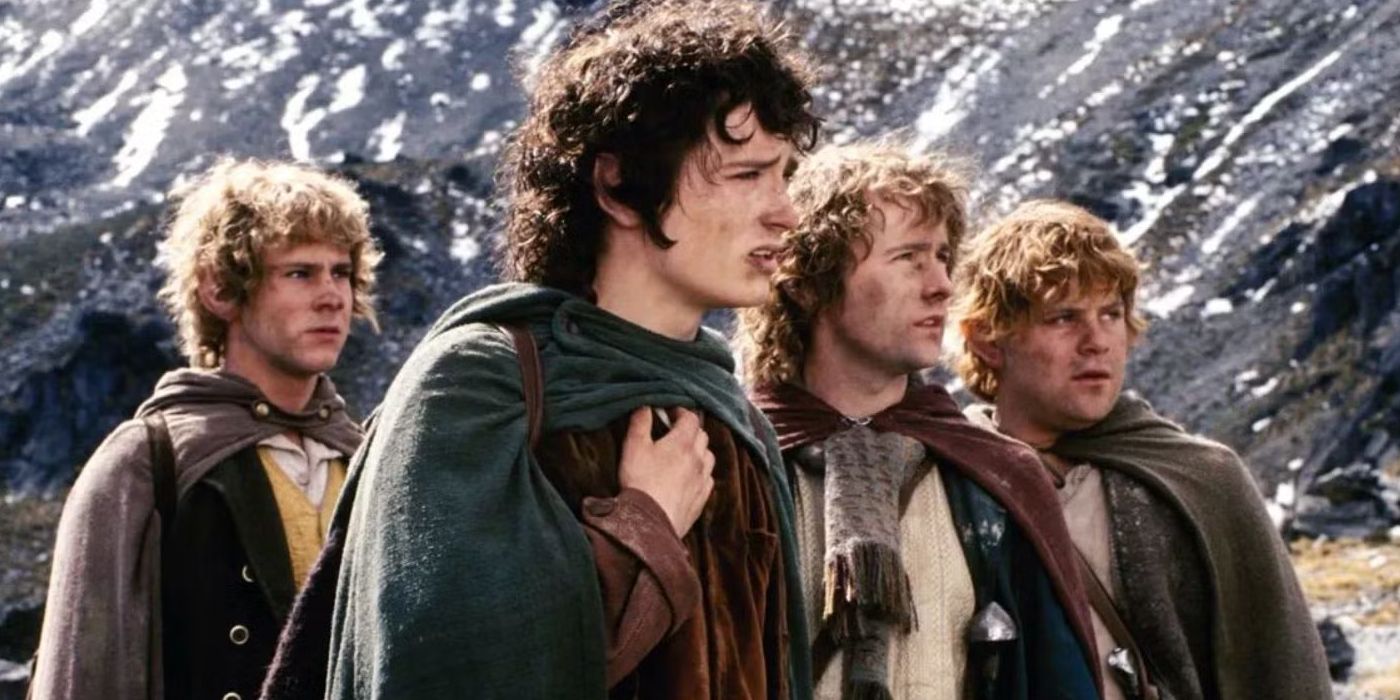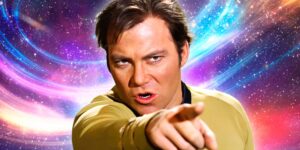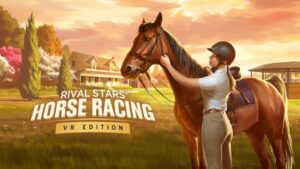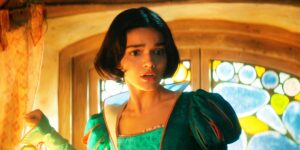10 Most Entertaining Movie Trilogies, Ranked
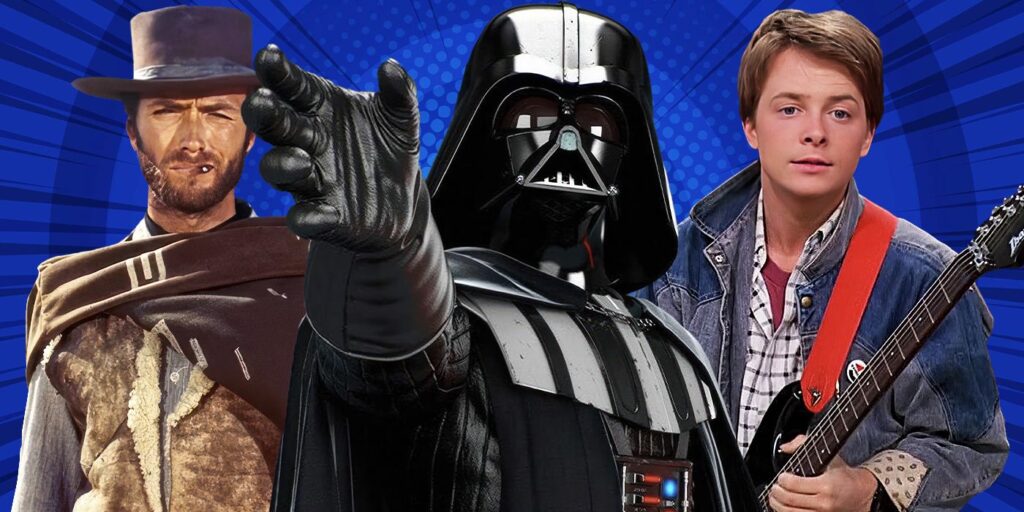
Some stories are just too epic for a single film. That’s the beauty of a trilogy: its format offers a rare opportunity for filmmakers to build something truly immersive over time. Whether that involves exploring new story-worlds or expanding various character arcs, ultimately, filmmakers have the chance to forge a true beginning, middle, and end. But not all trilogies are created equal. Some can fall flat with a weak final installment, while others only get better with each new entry. These are the cinematic gems.
Indeed, the most entertaining trilogies don’t just maintain momentum; instead, they leave us wanting more, even as the credits roll for the last time. These are the ones we would like to pay homage to. These are the trilogies that managed to capture lighting—three times over. And yes, that is the important part. Because if this list proves anything, the best things really do come in threes.
10
The Vengeance Trilogy (2002-2005)
Directed by Park Chan-wook
While not connected by characters or plot, the Vengeance trilogy features a series of films that are both spiritually and thematically cohesive. With each story rooted in revenge, regret, and the cyclical nature of violence, Park Chan-wook wasn’t afraid of blurring the lines of morality, as his protagonists were often pushed to emotional and moral extremes. The dichotomy between victim and perpetrator no longer mattered. These were stories all about character complexity.
From the stark tragedy of Sympathy for Mr Vengeance, to the utter brutality of Oldboy, to the stylized reckoning of Lady Vengeance, this trilogy is dark and uncompromising—though wonderfully balanced out by its philosophical moments. Couple this with some slick aesthetics, draw-dropping twists, and incredibly nuanced performances, and you’ve got one of the boldest cinematic trilogies in recent history. No, it’s not for the faint-hearted, but it’s undeniably entertaining and incredibly cathartic.
9
The Before Trilogy (1995-2013)
Directed by Richard Linklater
Despite not featuring the typical thrilling traits associated with “entertainment”, Linklater’s Before trilogy has become one of the most captivating love stories of all time. Spanning nearly two decades, these films follow the lives of Jesse (Ethan Hawke) and Celine (Julie Delpy) as they navigate the beauty and heartbreak of love, across various stages of life. What begins as a serendipitous meeting in Before Sunrise, evolves into a rich tapestry of connection, missed chances, and emotional maturity by the time Before Sunset and Before Midnight arrives.
This trilogy is the ultimate proof of how conversation can be cinema’s most powerful tool. Indeed, its beauty stems from its simplicity and its commitment to realism. Each entry builds naturally on the last, with the characters deepening their unfiltered dialogue and emotional vulnerability. It seems that Linklater refused to indulge in melodrama—a choice that obviously benefits its storytelling, as this trilogy remains to be profound in its portrayal of intimacy and humanity.
8
The Three Flavours Cornetto Trilogy (2004-2013)
Directed by Edgar Wright
As another unconventional cinematic trilogy, Wright’s Three Flavours Cornetto trilogy has cemented itself as a genre-hopping masterclass in storytelling, satire, and lovable bromance. Shaun of the Dead saw the chaos of zombies, Hot Fuzz followed buddy cop action, and The World’s End witnessed apocalyptic mayhem—needless to say, this trilogy is known for its absurd scenarios. However, while each film stands on its own, at its core, the trilogy is unified by its themes of friendship and personal growth, alongside its sharp wit, hyper-stylized direction, and, of course, the presence of Cornetto ice-cream.
Anchoring the chaos is the dynamic chemistry between Simon Pegg and Nick Frost. Both deliver exceptional laughs and unexpected emotional punches. So whether they’re fighting off hordes of zombies, chasing down rogue villagers, or reconciling over a beer through alien-infested suburbia, this trilogy never fails to surprise or delight its viewers. Indeed, it features the best of British comedy, and has earned its place as one of the most rewatchable (and entertaining) trilogies in modern cinema.
7
Back to The Future Trilogy (1985-1990)
Directed by Robert Zemeckis
Few trilogies have captured lightning in a bottle (or clock-tower) quite like Back to the Future. As a true staple of the 80s, Zemeckis’ trilogy remains to be a gold standard in blockbuster storytelling, blending time-travel antics with genuine emotional beats. And let’s not forget their iconic characters and endlessly quotable dialogue that has permeated pop-culture history for the last several decades.
Who doesn’t love seeing the magic of the DeLorean, or especially the electrifying chemistry between Michael J. Fox‘s Marty McFly and Christopher Llyod‘s Doc Brown? Plus, what makes this trilogy so entertaining is its clever capabilities of reinvention. Each film retools a familiar tale: visiting the same town, across different time periods. And yet, it’s never made to feel repetitive. Instead, the mythology is deepened, and the stakes are constantly raised with each new era—from the techno-neon chaos of 2015 to the dusty dramatics of the Old West. Either way, the Back to the Future movies are a joyride from beginning to end.
6
How to Train Your Dragon Trilogy (2010-2019)
Directed by Dean DeBlois and Chris Sanders
Dreamworks has produced some of the best animated franchises in recent history, but the How to Train Your Dragon films are easily some of the most consistent as they showcase a thrilling coming-of-age saga that grows alongside its audience. What begins as a simple tale of a misfit Viking boy and his unlikely bond with a wounded dragon, transforms into a sweeping emotional tale about identity, leadership, family, and letting go.
With each installment, the films mature in theme and tone, mirroring the growth of the protagonist, Hiccup (Jay Baruchel). This produces a narrative arc that feels earned and deeply affecting. But even beyond this, the trilogy is a visual feast. Its aerial sequences are both exciting and ethereal. Plus, when accompanied by John Powell‘s soaring score, no film could feel more epic in its world-building. Indeed, this trilogy proves that family films can be both wildly entertaining and thematically rich, especially when it’s balanced with action, humor, and heart. Let’s hope the live-action adaptation is able to follow suit.
5
Dollars Trilogy (1964-1966)
Directed by Sergio Leone
There’s no denying it. Leone’s Dollars Trilogy not only redefined the Western genre, but it also gave rise to one of cinema’s most iconic antiheroes: the Man with No Name, a character played effortlessly by Clint Eastwood. Stylish and gritty, these films took the classic American Western and transformed it through an Italian artistic lens—forging what is now known as the “Spaghetti Western”.
A Fistful of Dollars and For a Few Dollars More surely stand strong on its own; however, it was The Good, the Bad, and the Ugly that cemented the trilogy’s legendary status. With each installment filled with sweeping shots of stark landscapes, morally ambiguous characters, and an unforgettable score, Leone delivered a masterclass in the curation of cinematic tension. He forged a slow-burning, gun-slinging epic that not only entertained but reshaped an entire genre, one that still remains utterly re-watchable to this day.
4
The Dark Knight Trilogy (2005-2012)
Directed by Christopher Nolan
Where the Batman franchise is no stranger to the big screen, Nolan’s Dark Knight trilogy completely redefined the capabilities of the caped crusader, and even the entire superhero genre itself. Between Batman Begins, The Dark Knight and The Dark Knight Rises, each film remains grounded, gritty and emotionally resonant. This is what elevated comic-book storytelling. This trilogy, led by the powerhouse direction of Nolan, was the one to blend psychological complexity with blockbuster spectacle.
Of course, praise must be given to Christian Bale, who anchored the entire series with his brooding performance. It also helped that he had a stellar ensemble cast who supported each other along the way. From the iconic villains, especially Heath Leadger’s legendary Joker, to the bold thematic exploration of justice, hope, and morality — this Dark Knight series paved a new cinematic path for the world of superheroes. One that wasn’t afraid of delving into the complex character arcs and challenges of humanity.
3
The Godfather Trilogy (1972-1990)
Directed by Francis Ford Coppola
Coppola’s epic saga of the Corleone family is nothing short of legendary—a phrase any film buff or pop-culture expert would happily recite on any given day. Indeed, charting the rise and fall of organized crime, these films shined in their thematic exploration of power, legacy, and the corrosion of the American Dream. Even if you haven’t seen anything, this trilogy’s cultural weight and cinematic reverence can be felt from miles away.
With sweeping direction, hauntingly beautiful cinematography, and some of the best performances ever captured on screen, The Godfather is a towering achievement of cinematic storytelling. And yes, we mean every installment—including the infamous Godfather Part III. It’s a gripping full-circle narrative that must be consumed, as such. Regardless, the trilogy has already made its mark on cinematic history. Not only did it redefine the gangster genre, but its layered and operatic take on family and morality continues to influence modern film-making to this day. It’s the kind of trilogy that rewards revisits. And when something is that entertaining, why wouldn’t you want to experience it all over again?
2
The (original) Star Wars Trilogy (1977-1983)
Created by George Lucas
There’s no overstating the impact of the original Star Wars trilogy. As the ultimate space opera, these films were genre-defying, culture-shaping cinematic milestones that revolutionized blockbuster filmmaking. Between the thrilling space adventures, the iconic ensemble of characters, and groundbreaking special effects, Lucas was able to curate the most timeless pieces of sci-fi storytelling— ones that immersed audiences into a galaxy far, far away.
While The Empire Strikes Back is often hailed as the trilogy’s greatest triumph, A New Hope and Return of the Jedi remain as equally strong installments that round off the series in a sensational fashion. Indeed, every film is packed with swashbuckling fun, epic scale, and great emotional complexity that drives the narrative’s sincere belief in hope and redemption. Star Wars is a pioneer that shaped the capabilities of cinematic entertainment. No wonder we now live in a world where it has endless numbers of spin-offs and sequels. If only they were able to consistently hit the same gold standard as the original trilogy. That is yet to be fully seen.
1
The Lord of the Rings Trilogy (2001-2003)
Directed by Peter Jackson
Epic, enchanting, and endlessly enthralling, The Lord of the Rings trilogy isn’t just one of the most respected fantasy sagas in cinema—it’s easily the most ambitious and entertaining trilogies ever made. Adapting J.R.R. Tolkein‘s beast of a book was no small feat, and yet Jackson was able to achieve the impossible with his visionary scope, one that was seemingly driven by emotional weight and a deep reverence for the source material. Indeed, whether it was the rolling hills of the Shire or the fiery depths of Mount Doom, every frame felt like a page brought to life.
The trilogy is a perfect balance of spectacle and soul, from The Fellowship of the Ring, to The Two Towers, and right to the final showdown in The Return of the King. The battles are legendary, the world-building is second to none, the score is ever so haunting, and the character arcs (yes, all of them) are deeply affecting, even if they occasionally face trouble. Plus, this is a trilogy that has the awards to prove its reverence. What other trilogy has earned a whopping 17 Academy Awards?


